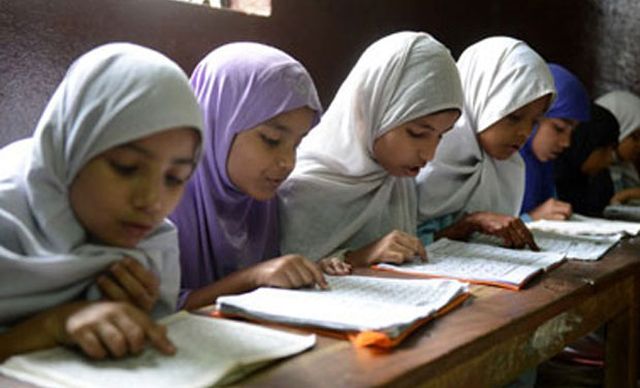New Delhi: The Jamiat Ulema-i-Hind has lauded the Allahabad High Court’s decision to stay the Uttar Pradesh government’s directive to seal unrecognised madrasas, describing the ruling as a crucial victory for constitutional rights and minority education in India, reported the Clarion India.
Maulana Kaab Rashidi, legal advisor to the Jamiat, told IANS that the judgment brings long-awaited relief to Islamic educational institutions, which he claims have been facing mounting pressure and arbitrary closures across Uttar Pradesh.
“For the past few years, madrasas have been shut down without proper legal procedure. Most never received formal notices—just verbal instructions. Only 10% of the institutions were even officially notified,” Rashidi explained.
He noted that under the leadership of Maulana Mahmood Asad Madani, the Jamiat had extended free legal assistance to madrasas affected by such unilateral actions. “This High Court ruling is a strong statement against the misuse of executive power. It clearly says recognition status alone is not sufficient to shut down a madrasa.”
Rashidi further recalled that the Supreme Court had previously intervened in the matter. On October 21, 2024, then Chief Justice D.Y. Chandrachud had granted a stay on notices issued by the National Commission for Protection of Child Rights (NCPCR), which had prompted a wave of closures. The Jamiat, under Maulana Arshad Madani, had approached the apex court to protect these institutions.
“The Uttar Pradesh government itself acknowledged the Supreme Court’s stay order and had issued an advisory to halt further actions while the matter is under judicial review,” Rashidi pointed out.
He emphasized that the High Court order takes into account both the Supreme Court’s earlier intervention and the state government’s own advisory. “It reiterates that mere lack of formal recognition does not justify the sealing of any educational institution.”
Calling the verdict a resounding affirmation of constitutional values, Rashidi said, “This judgment restores faith in the judiciary. It protects not only the rights of minorities but also the educational freedoms guaranteed by the Constitution.”




